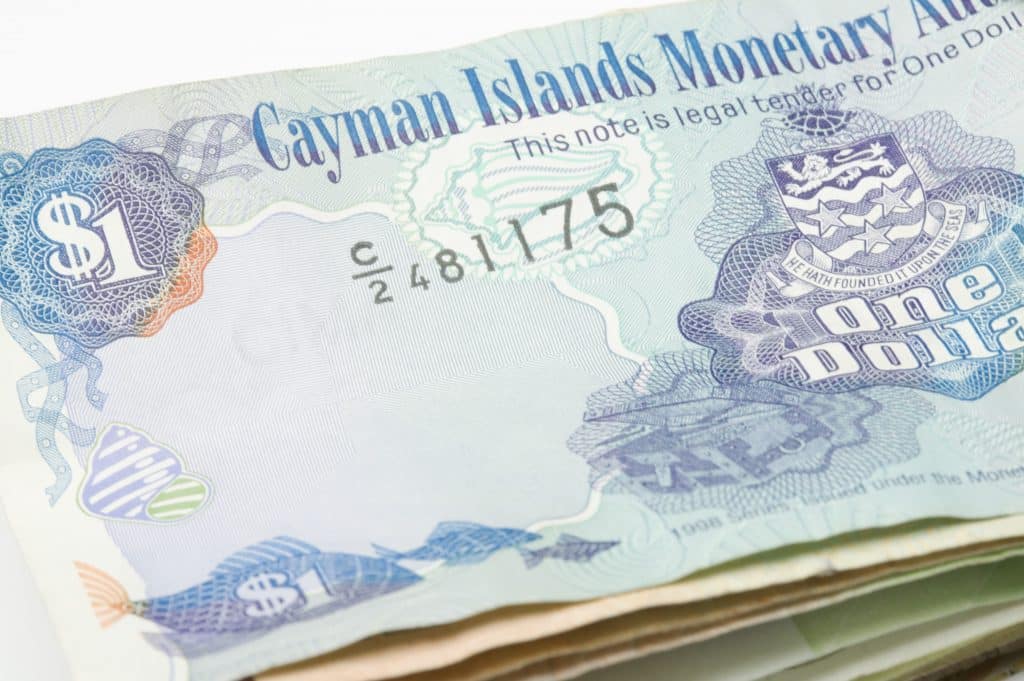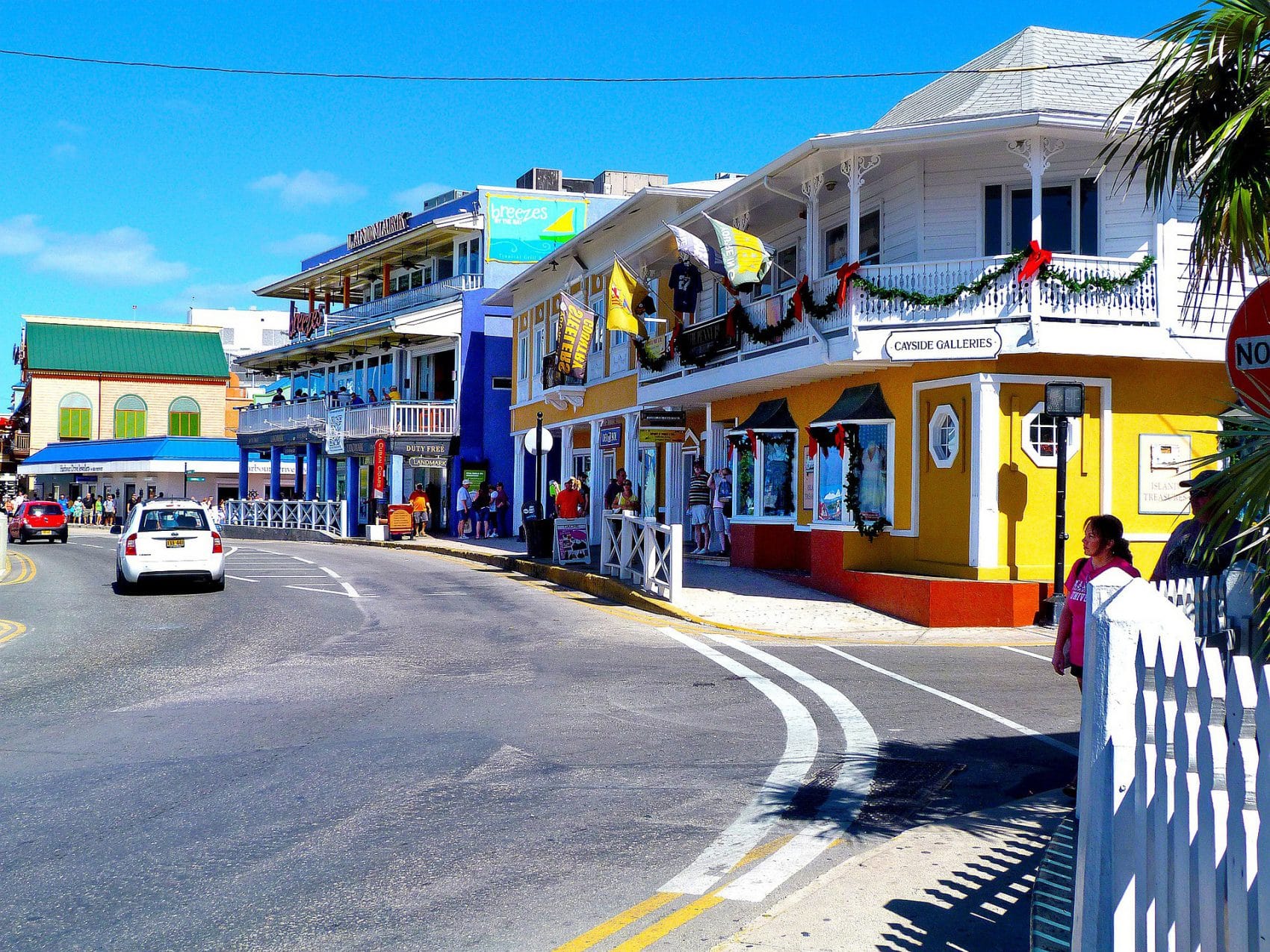What you should know about Cayman Islands fund administration
The Cayman Islands – a top funds centre
The Cayman Islands, a group of islands located in the Caribbean Sea, is considered to be one of the leading financial hubs internationally. It is a popular jurisdiction for many organisations to establish and domicile their funds.
The Cayman Islands Monetary Authority (CIMA) reported the highest number of regulated mutual funds of more than 12,000 as of the third quarter of 2021. Furthermore, despite only being introduced in 2020, private funds amounted to at least 14,000 in the same period.
The Cayman Islands’ stable and pro-business economy is one of the many reasons why it is an attractive funds market and domiciliation centre. Aside from its thriving financial sector, industries such as tourism and real estate are also the leading contributors to the islands’ economic growth. Moreover, Cayman Islands’ investment fund structures are globally competitive and accommodating to those who are planning to set up a fund in the Caymanian market.
But how do you successfully set up a fund in the Cayman Islands? A fund administrator like Bolder Group can provide the expertise.
Investment fund vehicles in Cayman Islands
Investment funds can be organised according to the various investment fund vehicles available in Cayman Islands. Several fund vehicles are available and are being developed, which provides flexibility and added opportunity to fund managers for the development of their investments. The commonly used fund vehicles used to operate funds in Cayman Islands are the following:
- Exempted Company
- Segregated Portfolio Company (SPC)
- Limited Liability Company (LLC)
- Exempted Limited Partnership (ELP)
- Unit Trust
Short descriptions of the available Cayman Islands fund vehicles are provided below:
| Exempted Company | Segregated Portfolio Company | Limited Liability Company | Exempted Limited Partnership | Unit Trust | |
|---|---|---|---|---|---|
| Separate legal personality | Yes | Yes | Yes | No | No |
| Tax Neutrality | Yes | Yes | Yes | Yes | Yes |
| Management authority /Parties | Investment Manager and shareholders (no maximum number) | Investment Manager and shareholders (no maximum number) | Members (no maximum number) | One or more general partners (GPs) and one or more limited partners (LPs) | Unitholders (no maximum number) |
| Applicable Law | Cayman Companies Act | Cayman Companies Act | Limited Liability Companies Law | Exempted Limited Partnership Act | Trusts Law |
| Constitutive document | Memorandum and Articles of Association | Memorandum and Articles of Association | LLC Partnership Agreement | Limited Partnership Agreement | Trust Deed (declaration of trust) |
Different considerations are also in place to decide on what fund structure will be viable for an entity. Some of which are investor strategies, investor familiarity and leverage scale.
Cayman Islands fund structures
The fund structure will be identified after selecting a suitable fund vehicle. This will determine the liquidity rights of a fund.
A fund in the Cayman Islands can be structured mainly in two ways; it can either be categorised as a closed-ended/exempted fund or an open-ended/regulated mutual fund.
A closed-ended fund, also known as a private fund, is required to register under the CIMA in accordance with the Private Funds Act. This type of fund does not allow investors to redeem their investments. For this reason, it is suitable for investments that have a longer period to mature. Examples of such are:
- private equity
- real estate
- investments in infrastructure
- venture capital
On the other hand, an open-ended fund, otherwise known as a regulated mutual fund, is subject to regulation under the CIMA in accordance with the Mutual Funds Act. It is specifically regulated under the Investment and Securities Divisions of the CIMA. Unlike closed-ended funds, it allows for the redemption of profits or gains of an investment. Open-ended funds may be commonly organised as a(n):
- hedge fund
- licensed mutual fund
- administered mutual fund
- registered mutual fund
- master fund
Shown in the table below are some of the similarities and differences between private and mutual funds in Cayman Islands.
| Private Funds | Mutual Funds | |
|---|---|---|
| Number of investors | No limits | No limits |
| Minimum investment level | No minimum investment amounts | US$100,000 or equivalent |
| Registration | CIMA, under Private Funds Act | CIMA, under Mutual Funds Act |
| Redemption of equity | Non-redeemable equity interests before dissolution of fund | Redeemable equity interests |
| Required Anti-money Laundering Compliance Officer (AMLCO), Money Laundering Reporting Officer (MLRO) and deputy MLRO | Yes | Yes |
| Required Annual audit | Yes | Yes |
| Required valuations | Yes (no less than annually) | Yes (no less than quarterly) |
A Cayman Islands fund administrator can assist you in determining the fund vehicle and fund structure suitable for your investment efforts. If you are planning to establish a fund in Cayman Islands, contact or visit our local office.
How to set up a fund in Cayman Islands
The steps involved in the formation and registration of funds in Cayman Islands are systematic, a contributing factor to its demand in the funds market. Several requirements and courses of action will be imposed once the appropriate fund vehicle and fund structure are established. However, keep in mind that it will vary depending on the selected vehicle and structure.
Here is a general checklist on the registration requirements of funds:
Registration and operating requirements
- Documents to be filed
- Registration Fees
- Minimum capital requirements
- Annual audit requirements
- Valuation
- Financial reporting
- Other reporting requirements (e.g., Anti-money laundering reporting obligations, FATCA, CRS, etc.)
If you wish to know more details about these steps and requirements, you can contact a Bolder Group fund administrator professional.
Relevant regulations
The Cayman Islands has several regulatory and governance frameworks established to administer its thriving funds market.
Aside from the aforementioned legislations that regulate the various categories of funds, important regulations concerning Anti-Money Laundering and Countering the Financing of Terrorism (AML/CTF) are also in place. The CIMA plays an important function in governing their efforts against money laundering and terrorism financing. Some examples of corresponding key legislations are the Proceeds of Crime Law, Terrorism Law, Proliferation Financing (Prohibition) Law, amongst others.
The CIMA provides an index of regulatory measures relevant to the investment funds sector in Cayman Islands. Other pertinent laws and regulations are also made available by the monetary authority for public information.

Bolder Group Cayman Islands
The Cayman Islands serves as an attractive location for establishing an investment fund. The different fund structures and legal vehicles provide promising opportunities for the funds market.
To successfully set up a fund in the Cayman Islands, it is essential to seek professional services from a fund administrator like Bolder Group. Our team consists of global and local industry experts equipped with the resources and expertise needed to penetrate the fund market in the Cayman Islands.
Get in touch with us to set up a fund today.

